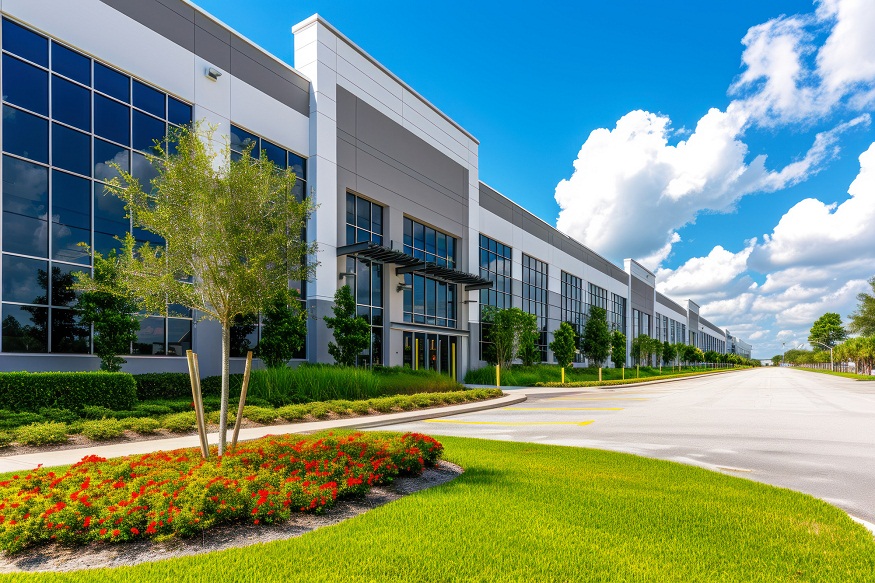Hard Money Funding: Some Properties Are Harder to Finance
 When it comes to deciding on the types of projects to finance, hard money lenders have a lot of leeway. Being private lenders gives them the opportunity to finance nearly any project that appeals to them. Most hard money loans go toward funding real estate investments. But will a lender finance just any property? No. Some properties are harder to finance than others.
When it comes to deciding on the types of projects to finance, hard money lenders have a lot of leeway. Being private lenders gives them the opportunity to finance nearly any project that appeals to them. Most hard money loans go toward funding real estate investments. But will a lender finance just any property? No. Some properties are harder to finance than others.
Lenders Assess Their Risks
Hard money lenders can be very choosy about the types of properties they fund. For example, Salt Lake City’s Actium Partners does not fund fix-and-flip acquisitions. They have their reasons. For most lenders, it boils down to risk vs. reward.
Hard money lending is asset-based. That means the property being acquired act as collateral on the loan. A lender needs to know that the property has enough value to cover the amount being borrowed. In addition, a lender must be reasonably confident in its ability to turn the property over should it become necessary. So before a lender even gets to choosing one property over the next, a risk appetite has to be established.
That takes us to the idea of some properties being harder to finance than others. Investors looking to put their money into the riskiest ventures often have a harder time finding willing lenders. But there is a lender out there for just about every situation.
Property Types With Higher Risks
At the top of the list of high-risk properties hard money lenders tend to avoid is undeveloped land. Before an investor can do something with a piece of land, it needs to be improved. Basic improvements include hooking up to utilities and sewer, running water lines, arranging for drainage, and so forth.
Where is the risk? Once improvements start, a piece of land is harder to sell without a structure on it. So a hard money lender would be taking quite a risk. Lenders tend to prefer land with structures in place.
Other high-risk properties include:
- Special Use Properties – Special use properties can pose additional risk because of their unique characteristics. For example, a former church property may offer very limited use as-is. An investor would have to put a significant amount of money into it before getting anything out of it.
- Bars and Restaurants – Bars and restaurants are risky ventures on their own. An investor looking to get into food service would be taking a significant risk without adequate finances. That being the case, hard money lenders are incredibly nervous about funding bar and restaurant acquisitions.
- Vacation Properties – Although vacation properties are often operated as businesses, hard money lenders are still weary because investing in them means investing in single family homes. There is too much risk in such homes because, at the end of the day, they still represent residential real estate subject to a variety of market conditions.
Sometimes it’s not the type of property that worries an investor. It is the property’s condition or status that makes a lender nervous. A property in poor condition might not offer enough value to satisfy a lender’s risk appetite. Likewise for a property facing environmental issues. For instance, finding a lender to finance the acquisition of a contaminated property is exceedingly difficult.
It’s All About Risk
Actium Partners says lender decisions in the hard money game are all about risk. The potential reward needs to be significantly greater than the risk involved. Otherwise, lenders need to think long and hard about financing. In the end, hard money lenders are investors too. They need to think like investors in terms of risk and reward.
